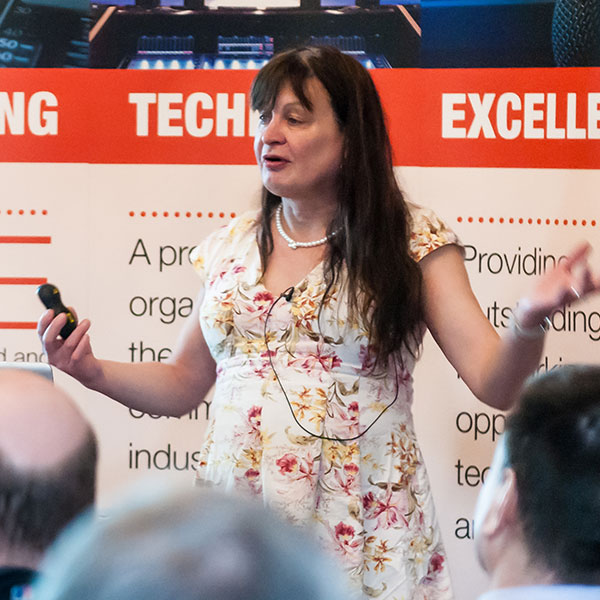
Recently Digital to Analogue Converters (DACs) that claim to have resolutions of up to 32 bits have become available. How do they possibly achieve such exalted levels of performance? Almost all modern DACs use oversampled multi-bit converters with noise-shaping to achieve their high performance. Oversampling and noise-shaping permits the use of a DAC with a small number of quantising levels, which is easier to manufacture. Unfortunately, traditional noise-shaping does nothing to reduce the effect of component tolerances in the DAC, because the analogue output cannot be fed back to the input.
However, modern DACs do manage to noise-shape the output from the DAC without any feedback. This piece of audio alchemy is critical to the exceptional performance of modern Digital to Analogue converters. The talk will explain how this alchemy is achieved. It will review the problems of component tolerance in DACs and show how these compromise performance. Then noise-shaping, and how it can be applied to a practical DAC — without magic or or knowing the actual converted output — will be explained. This talk will conclude by discussing how system aspects can limit converter performance, and how you might prepare audio signals to optimise for such limitations.
Jamie Angus-Whiteoak is Emeritus Professor of Audio Technology at Salford University. Her career in industry and academia has spanned integrated optics, acoustics, analogue and digital signal processing, and her expertise ranges from valve (tube) circuits to the applications of esoteric number theory in signal processing. Jamie has invented modulated, wideband, and absorbing diffusers, direct processing of Super Audio CD signals, and one of the first 4-channel digital tape recorders. She worked in signal processing, analogue circuit design, and numerous other audio technology topics, and has been active throughout the AES for 30 years. Aside from pioneering degree-level courses in both music technology and electronic engineering in the UK, Jamie has been awarded an AES fellowship, the IoA Peter Barnet Memorial Award, and the AES Silver Medal Award for her contributions to audio and acoustics.
This lecture is open to all. Registration is required via Zoom here. We will also offer a separate Zoom session immediately after the talk where participants will have the opportunity for discussion and to put questions directly to the speaker.